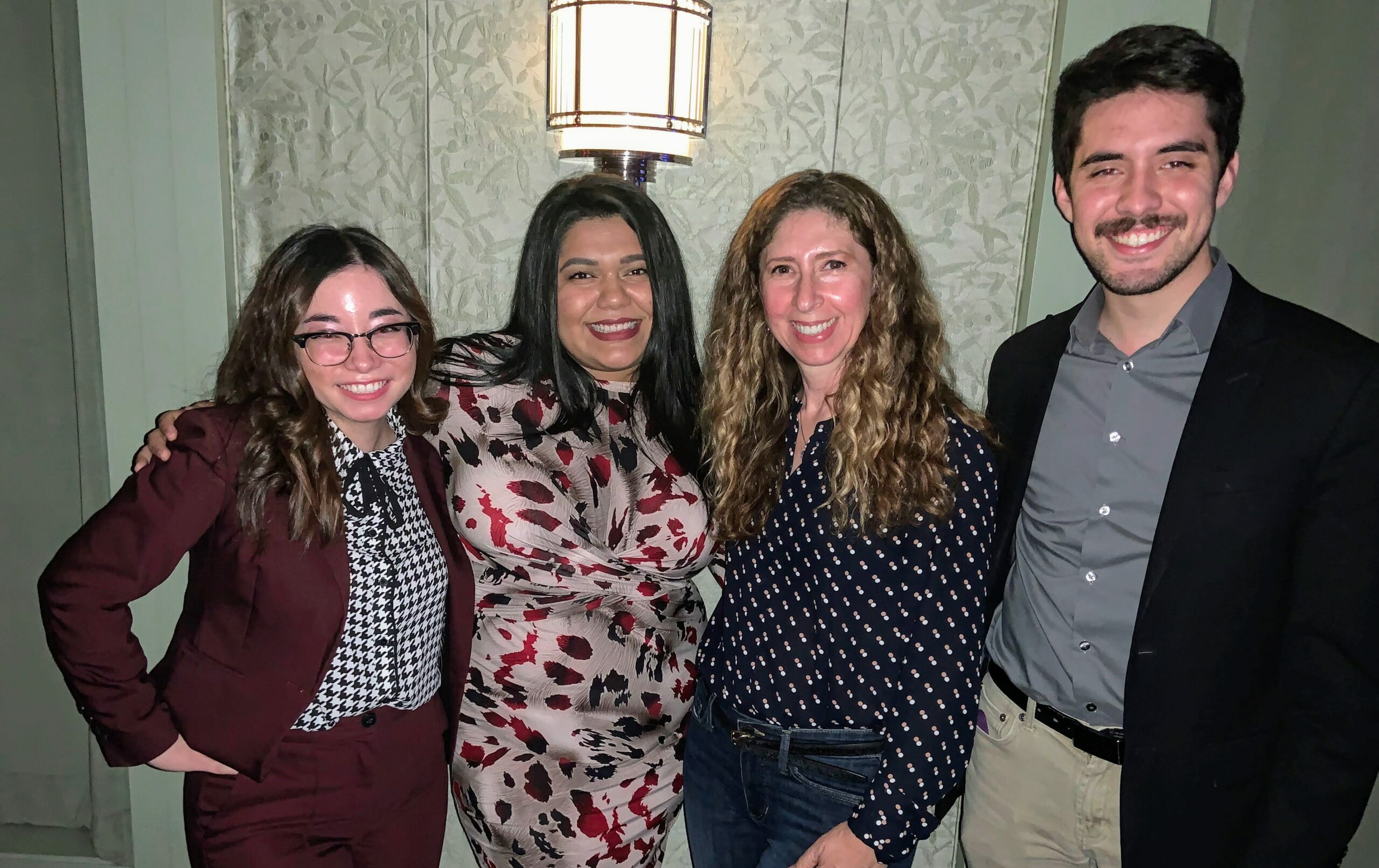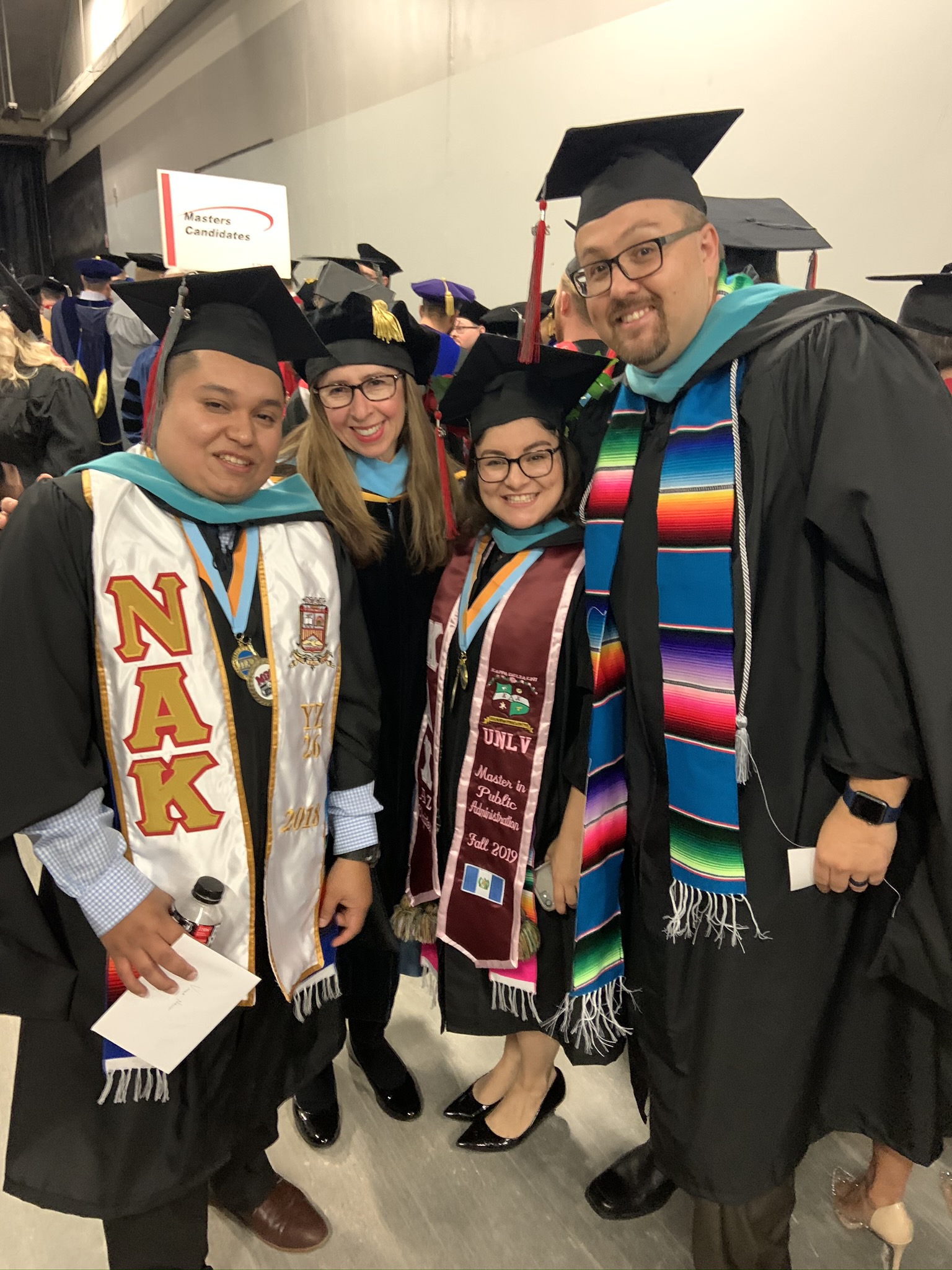
Today’s college students juggle a wide range of responsibilities—full-time jobs, raising families, supporting loved ones, and contributing to their communities. Many are first-generation college students, and a growing number are women. As a first-generation college graduate myself, I deeply relate to these experiences, and they inspire me to be the best professor I can be. I strive to engage, challenge, and inspire my students, helping them explore new ways of understanding the world around them.
I believe that every student can approach the fields of policy, leadership, and education with fresh perspectives when engaged in collaborative and meaningful learning environments. To create these spaces, I ground my teaching philosophy in four guiding principles:

- Respecting differences is essential for fostering meaningful collaboration and dynamic learning.
- Learning thrives through the dynamic exchange of ideas between students and professors.
- Students grow most when they are both challenged and supported to become reflective practitioners and scholars.
- Holding high expectations encourages students to take responsibility, draw on their strengths, and access resources that enhance their learning.
For me, one word captures how I translate this philosophy into practice: transparency. In all my courses, I aim to provide clear and detailed learning objectives, outlined in syllabi that connect these goals to assessments and course activities. My students often share how much they value this clarity and how it helps them focus on their learning.
I currently teach master’s and doctoral-level courses in organizational theory, administration, diversity, education policy, qualitative methods, and public affairs. Through these courses, I aim to prepare students not only to succeed academically but also to become leaders who contribute meaningfully to their communities and fields.